Polytehilene pipes
water pipelines
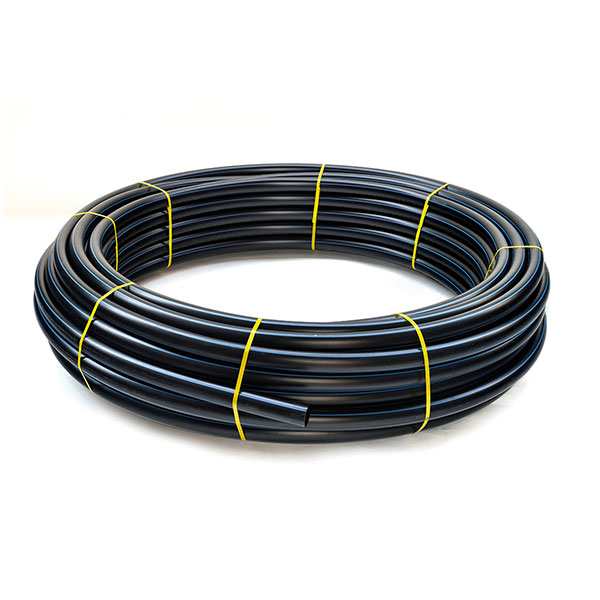
for food use
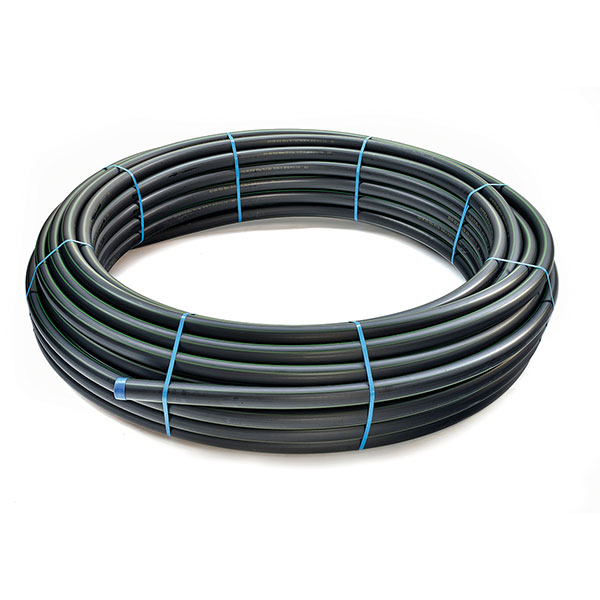
for agricultural use
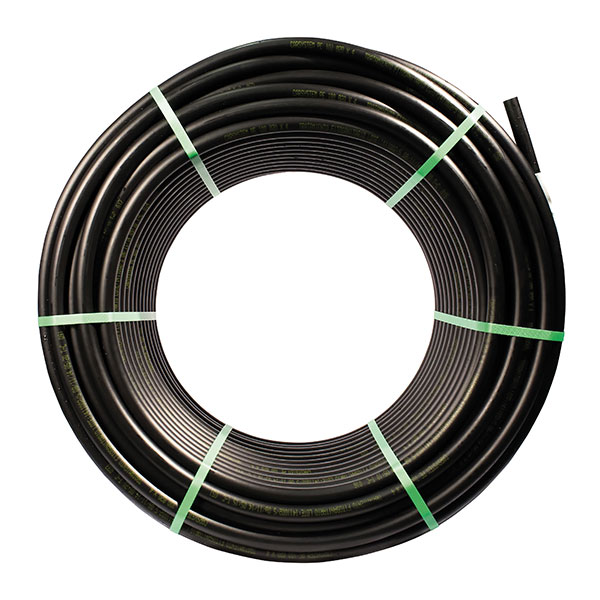
pipes
Pressure pipes
This product has traditionally been designed in a geometric shape; the reason is, mainly, due to its efficiency in transporting water, as well as the adaptation and capacity to support pressure. A circular pipe is more efficient than one that is geometrically different. Its composition in polyethylene makes it a lightweight, flexible material with a high electrical, chemical and thermal resistance. 1
Featured polyethylene pipes
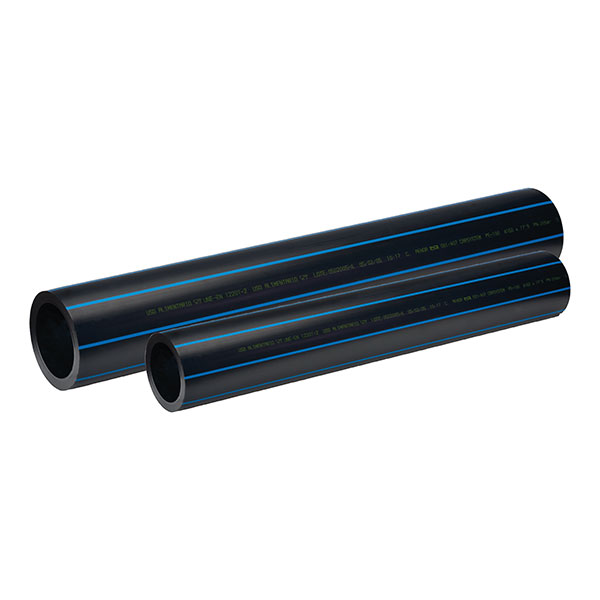
Carsystem M/D PE 40 Pipes
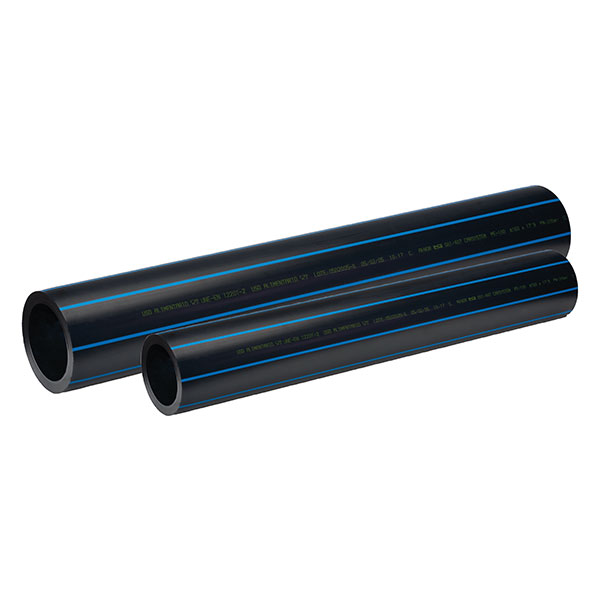
Carsystem A/D PE 100 Pipes

Ecocar pressure pipes

Phytosanitary treatment pipes
Pipes made with virgin PE rather than recycled PE are of a better quality, since they provide us with a healthy guarantee that recylced materials cannot give us, so they can be used to transport drinking water for human consumption.
Types of polyethylene pipes:
0.1
0.2
Advantages of polyethylene pipes
> They have a long use life.
> They are very easy to handle thanks to their flexibility, enabling them to be transported conveniently.
> They boast excellent flexibility, which enables them to adapt to endless needs, facilitating their installation.
> They are an excellent thermal insulator, enabling them to withstand extreme temperatures. In very low temperatures, they will prevent water from freezing.
> However, if water does freeze, thanks to their high flexibility, the pipes would not burst, returning to their initial condition once the water melts.
Contact us
Do you have a query or would like to ask us for a quote?
Contact us with no obligation. We will aim to respond as soon as possible.